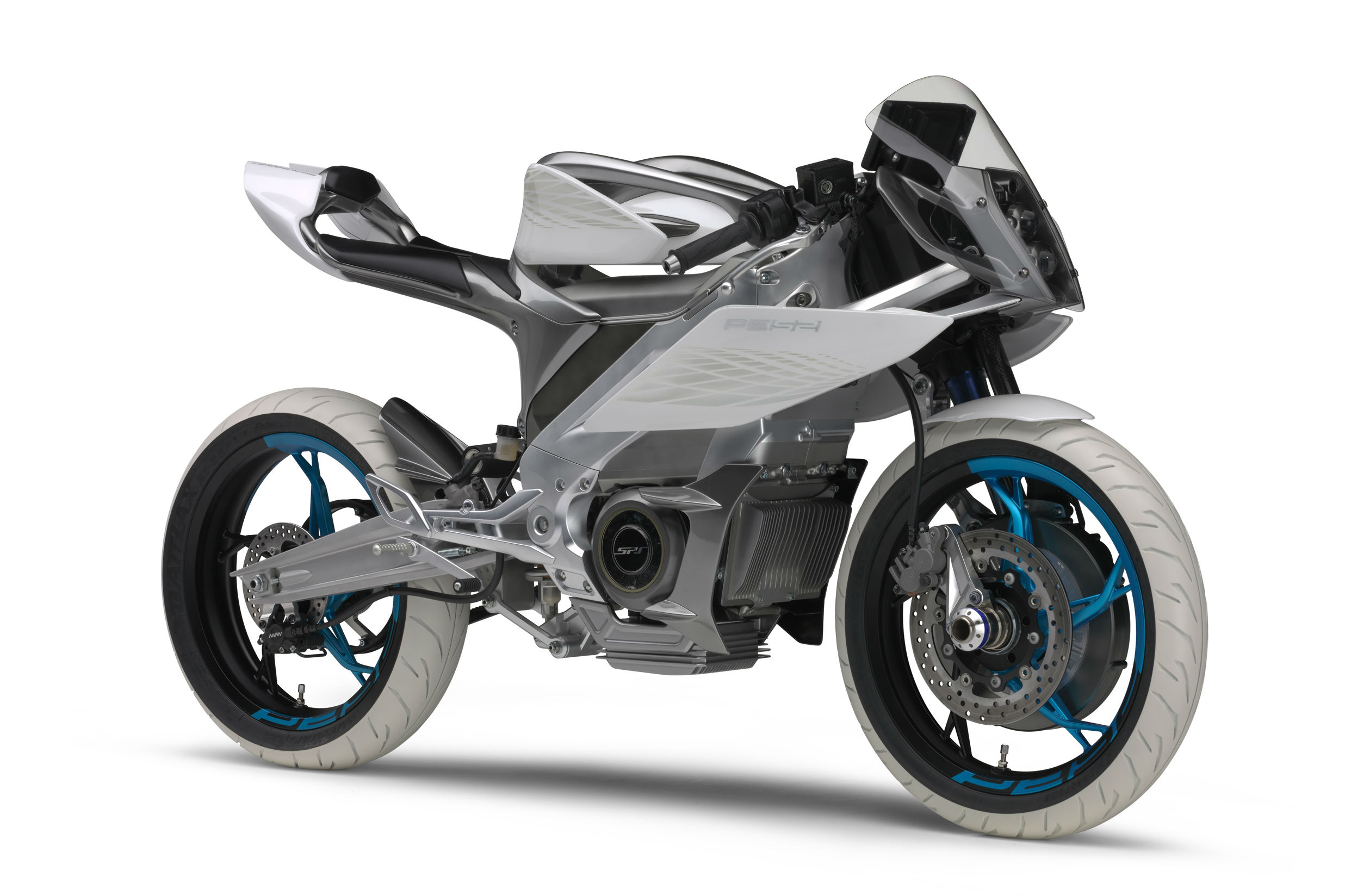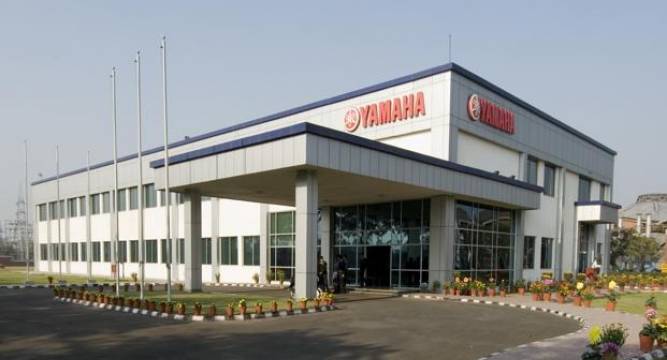Yamaha is testing its feasibility to launch electric two-wheeler in India. It is considered as an early set up to Indian government’s strict provision to make essential use of electric and hybrid automobile’s by 2020. Although right now GST over hybrid automobile is surprisingly quit high questioning governments intention. Are they really concerned about it? But, looking at the hue and cry of people we can see a steep in the price of these automobiles. But, if the government really want to see change on the road from the combustion engine to the battery operated engine without forcing people to choose from there choice, they can subsidize the sale of electric vehicles.

Yamaha’s electric two-wheeler launch is appropriate time now.
“We are at present conducting a feasibility study in this area (electric two-wheelers). Yamaha has an edge in this segment as we already have such products in other countries. Transferring such products to India, it is not so difficult,” Yamaha Motor Research and Development India MD Yasuo Ishihara told. Meanwhile also envisioning replacement of internal combustion engine for electrical vehicles.
“I believe that the EV products cannot be the complete replacement to the current internal combustion engines. This is the one of the biggest study points,” Ishihara said.
In order to safeguard its position in the country, the company also plans to continue with the development of traditional internal combustion engines. “We have already started our feasibility study in order to achieve this target set by the government of India but at the same time we will continue to develop more highly efficient engines in order to cater to the demands of Indian customers,” Ishihara said.
When asked about company’s investment plans in the EV space, he said: “Investment shall mainly be for power units and batteries. Infrastructure development in collaboration with some partners may be another area where we would look forward to make our investments”.
According to a report by government think tank Niti Aayog and Rocky Mountain Institute, India’s move towards 100% electric vehicles fleet by 2030 could create a $300 billion domestic market for EV batteries.
